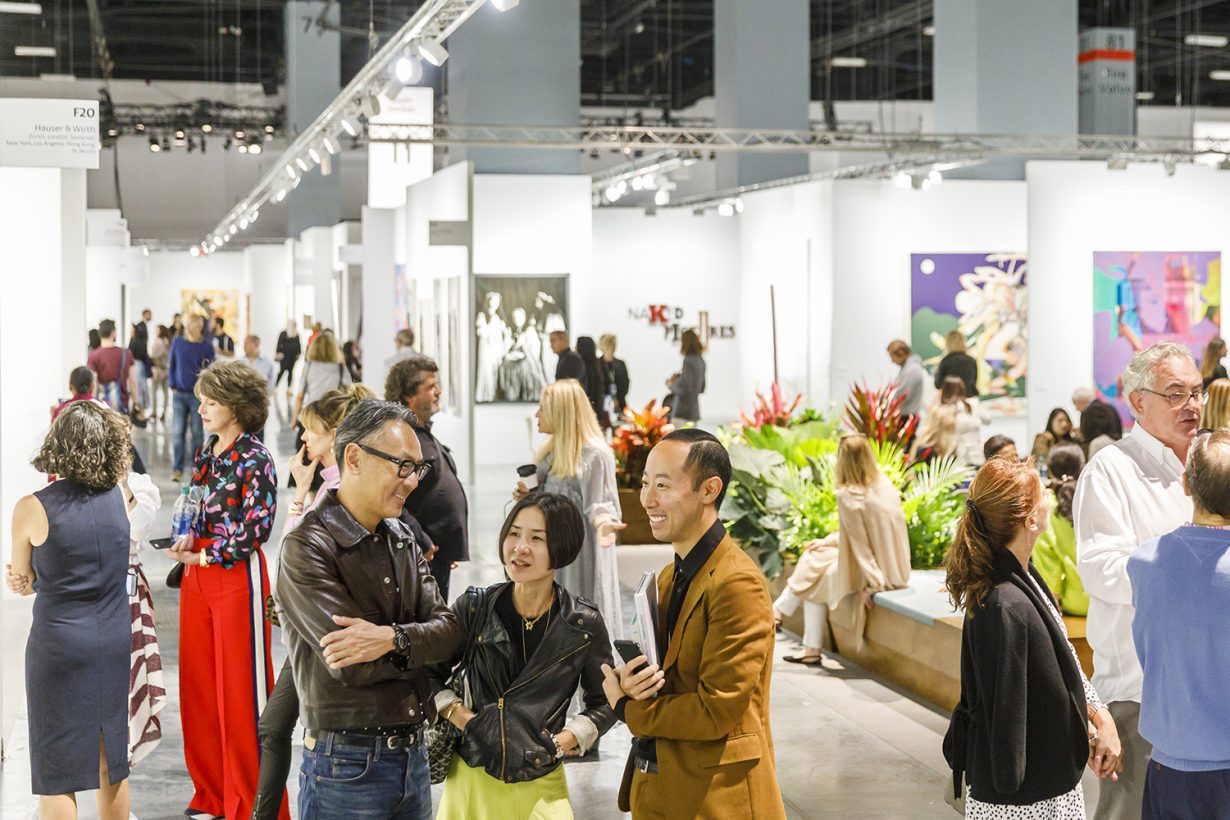
Art Basel and UBS has released their annual report on the economics of the artworld and, unsurprisingly, it does not make for happy reading (at least for those with vested interests in keeping the art market rapacious). Global sales of art and antiquities were down 22 percent from 2019, stalling at an estimated $50.1 billion. Not surprisingly, given the pandemic shut galleries and cancelled art fairs, online sales doubled in value from the previous year to generate $12.4 billion. That’s 25 percent of work now being sold through jpegs alone.
Geographically sales fell across the board, but some territories suffered more, running, it would seem, in direct correlation to how well governments handled their COVID-19 response. So while Greater China saw a 12 percent drop in sales, this was less damaging than the picture in the UK and the US, the two other biggest art markets. In Britain sales fell 22 percent in 2020 to $9.9 billion; America was down 24 percent to $21.3 billion. The report, which is authored by Clare McAndrew, notes that while the closure of galleries was a major factor, collectors were also ‘often focused on other matters outside of art and their collections in 2020’’ Though China proved relatively resilient in the face of the pandemic, the bigger picture is not so rosy: the $10 billion spent on art represents a third year of declining sales.
Art Basel was forced to cancel its events in Switzerland, Hong Kong and Miami in 2020, and the Basel edition won’t happen this year either (Art Basel Hong Kong was postponed, but is due to take place in May). Frieze, the other art fair market leader, was also forced to cancel its physical operations. Eleven percent of gallerists thought that sales at art fairs would not improve in future: 3 percent because their gallery was unlikely to return to art fairs in the coming years and the remaining 8 percent predicted a significant reduction in the number of fairs. Online viewing rooms, used by Art Basel and other fairs, as well as various collaborative initiatives from the galleries themselves, ‘did little to replace the atmosphere or client outreach of a live event… a useful but incomplete alternative to live event.’
Yet with galleries spending $4.6 billion in 2019 attending such fairs, some are considering whether the costs outweigh the benefits. For many, art fair expenses were the gallery’s biggest outlay, amounting to 26 percent of their expenditure. In 2020 this was reduced to 16 percent (or zero for nearly 30 percent of the sample). Reducing the $4.6 billion galleries spend on booths shipping and travel in 2019 to an estimated $1.6 billion in 2020, actually stabilised many previously precarious businesses. In 2019 69 percent of galleries said art fairs were a priority; looking forward to the next 1–2 years this fell dramatically to 43 percent.
Of the galleries surveyed 10 percent solely represented emerging artists, while 14 percent had no emerging artists. Galleries representing only ultra-high value artists represented three percent of Art Basel’s interviewees. Galleries that only represented established artists had the worst performance of all with 40 percent decline in sales; the report noted that ‘those buying at the high end were much more selective and only willing to spend large amounts for very specific works… sales of emerging artists at lower price points, on the other hand, performed relatively well for some galleries.’
Misogyny too turns out to be an apparent bad financial bet. While the share of female artists represented by primary market dealers decreased from 44% in 2019 to 41% in 2020, galleries ‘with the lowest share of female artists tended to have the largest declines in sales year-on-year’, though McAndrew notes a causal relationship between these two factors cannot be guaranteed.